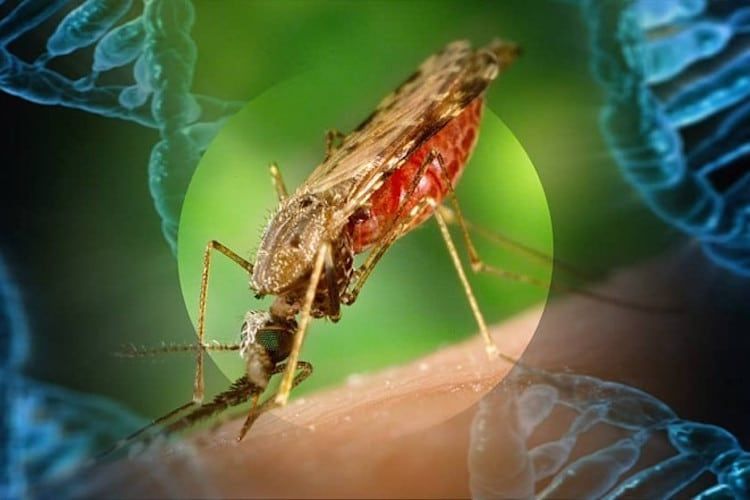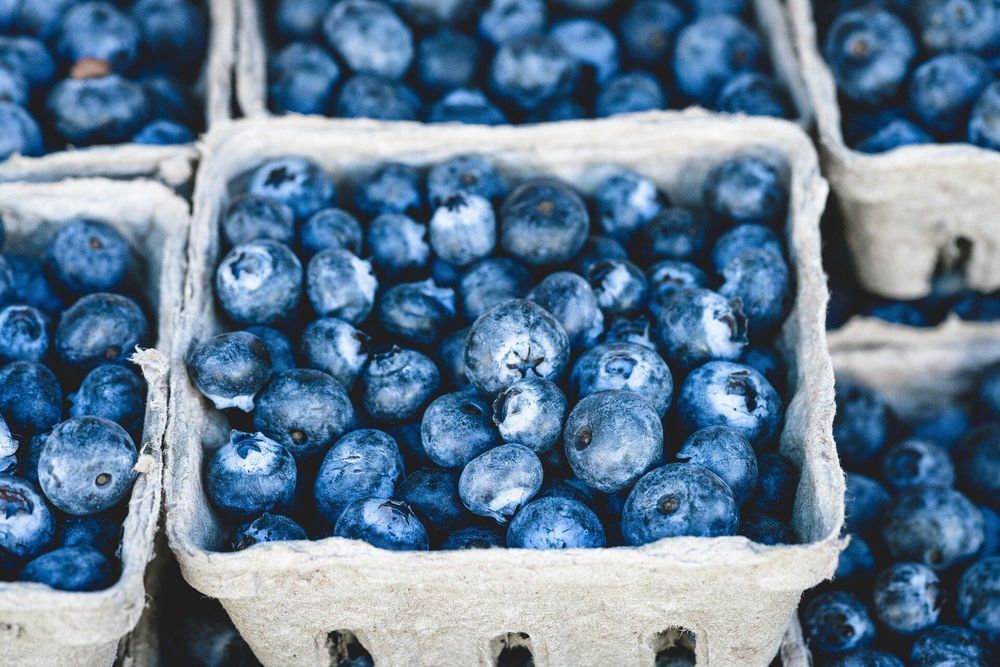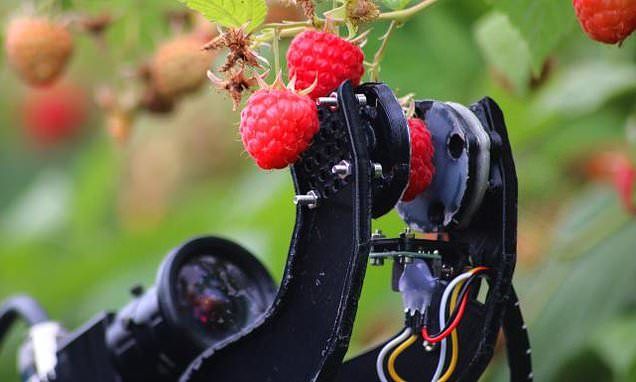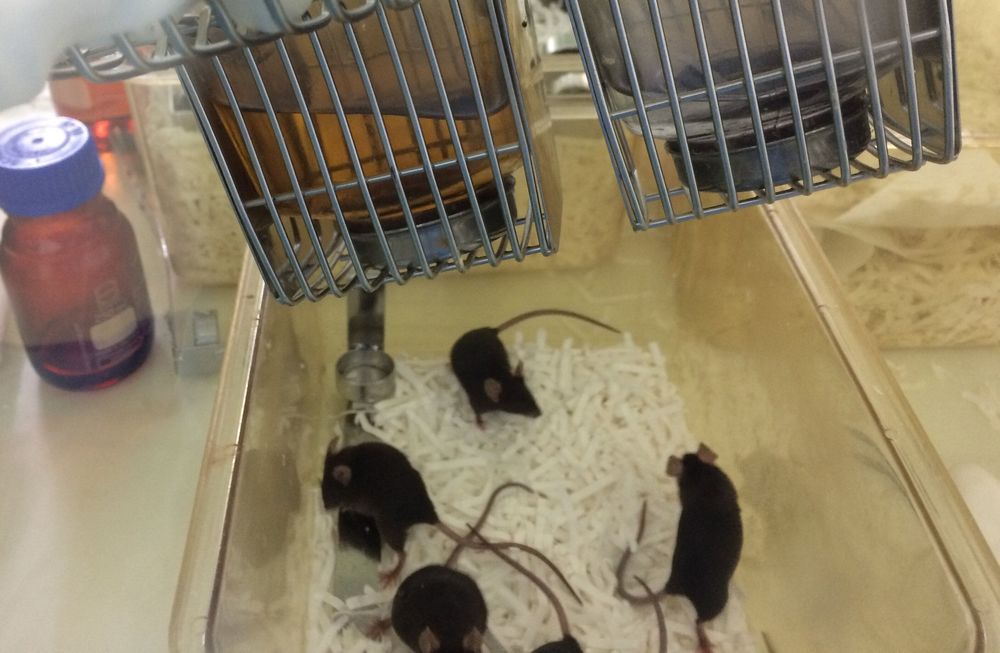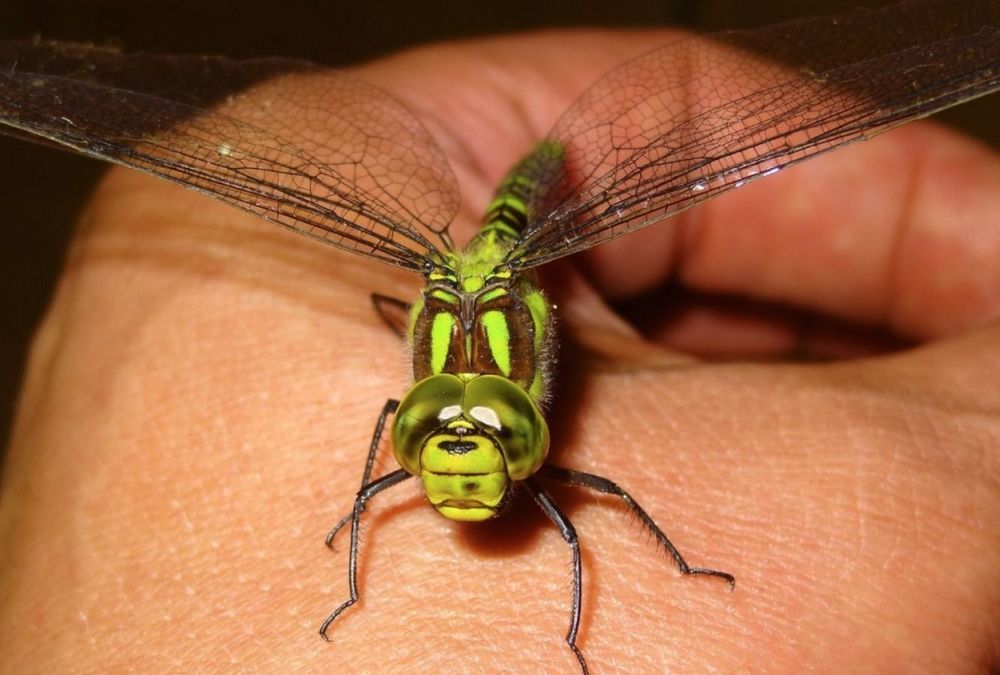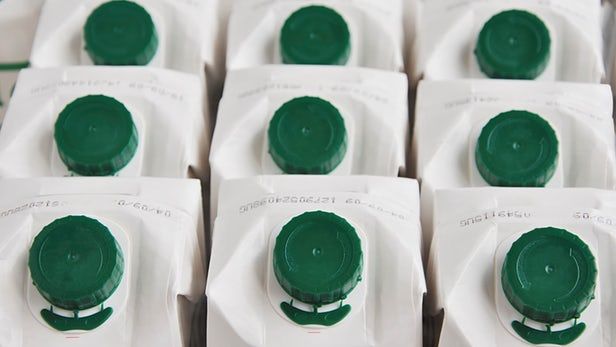
Some consumers place importance on locally grown or organic food. Others want the products they purchase to look and taste good. Yet others focus on low prices. However, no matter what their other requirements, everyone would like their food to be free of contaminants, which makes it quite worrying that over 97 percent of European food products contain pesticide residues. The problem is that current contamination testing processes can be long and expensive, and can only be conducted by specialist personnel.
A new device developed by the INSPECTO project team may now offer an affordable, fast and reliable solution to this problem. Coordinated by Inspecto Solutions Ltd, the EU-funded project has introduced a portable device that identifies in real time chemical contamination in food.
The scanner device can detect chemicals at concentration levels specified by regulatory authorities. It also makes it possible for businesses to tailor their testing to their needs, scanning for specific sets of liquid or solid contaminants. Being able to conduct multiple scans in one day means they don’t have to wait for results. What’s more, the person operating the device doesn’t have to be a skilled chemist or technician, meaning that expensive and lengthy lab tests are eliminated. Farmers are able to measure pesticide residue levels on their crops and food producers can check for contaminants when purchasing produce. Additionally, supermarkets can conduct tests before distributing fruits and vegetables and quality assurers can enforce contaminant policies in the field.
Read more
